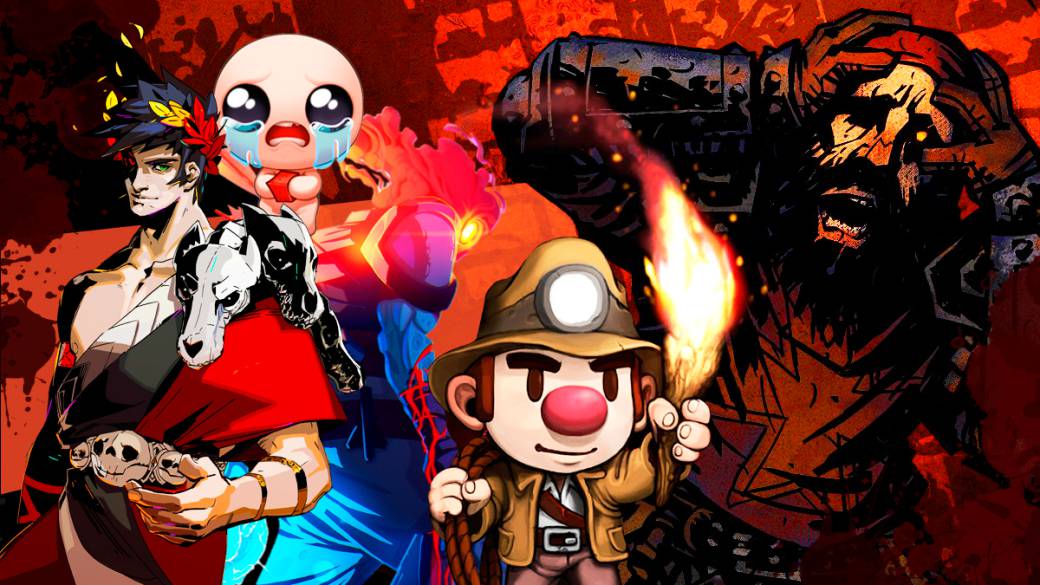
We take a tour through the history of the roguelike, we analyze their evolution, trajectory and attractiveness and we invite you to immerse yourself in their dungeons.
One death after another, assuming defeat without it making us let go of command. Learning to play, not to memorize devilishly difficult levels. In recent years we have been able to enjoy a very varied range of titles that are included within the term roguelike umbrella. In addition, many of them have had an important upswing in popularity, such as the first Spenlunky in 2008, The Binding of Isaac in 2011, Darkest Dungeon in 2015 or Slay the Spire at the end of 2017. Even in the last two months Such notorious titles as Spelunky 2 and Hades fit within this denomination.
All these games are so different from each other that it could be difficult to understand that they are within the same genre, if it were not for the ambiguity and breadth of the term roguelike. These are titles in which we can find procedurally generated levels and permanent death, which undoubtedly sounds like the perfect combination to drive the player out of frustration. However, the magic of the roguelike resides fundamentally in that, thanks to its almost incredible balance, it does not lead the person at the controls to want to let go of them forever, but to grab them more tightly and try again.
There are several unresolved questions about the genre: what is a roguelike? Where did it come from and what does the term roguelite have to do with it? There are no fire-sealed bases on the characteristics of the genre, but to understand its origin we have to go back to the long-awaited eighties, to the first titles on computers that could only reproduce a dichotomy of colors and ASCII aesthetics.
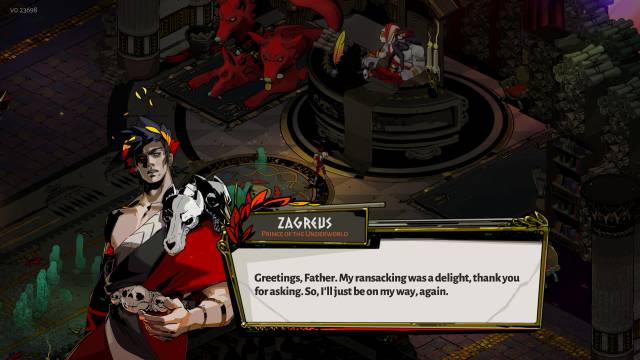
What is a roguelike?
In the days when wearing shoulder pads and carding to go outside seemed like a good idea, a game was released that had an unexpected success: Rogue. Bringing the concept of the popular Dungeons and Dragons role-playing game to the screen, players had to progress through a series of rooms filled with enemies and dangers to reach the end of a great dungeon. Of course, given the technical resources of the time, you had to put enough imagination to feel that a white letter S on a black background embodies the danger of a poisonous snake in a room that is tightly closed.
While Rogue’s ASCII aesthetic may seem simplistic, it wasn’t easy at all. If any of the multiple dangers that lurked in each room ended the player’s life within seconds of victory, he had to start over from the beginning without any progression system beyond what we have been able to learn during the minutes the raid lasted.
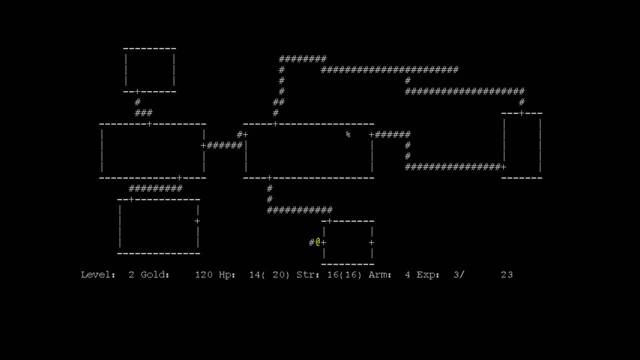
It is important to use the term learn in the context of roguelike since, unlike in other genres, the player cannot be limited to memorizing where the traps and the most powerful enemies are. This is because the levels are procedurally generated by an algorithm, which means that no two games are the same or two identical screens. That is, we have to learn to play, in the full and most complete sense of prayer. This is a trait that has remained in Rogue’s spirit heirs to this day.
In fact, permanent death and the random factor of procedural levels are pretty much the only time-consuming aspects of the fourteen features that were listed in the 2008 Berlin Interpretation. During this International Roguelike Development Conference, interested developers In the genre they established (according to their own criteria and raising disparate opinions on the matter) fourteen fundamental points so that a title could be labeled as roguelike: random generation, permanent death, box system, complexity, by turns, exploration, resource control, Hack and Slash, single player, monsters similar to the protagonist, tactical challenge, numbers, dungeons and an ASCII skin.
Of course, many of these features were soon outdated because they are so situational. In addition, one of the factors of interest of the genre is the variety in its playability and conception; without it, all spin-off titles would have been mere knockoffs of Rogue, not reinventions of the implementation of replay in video games.
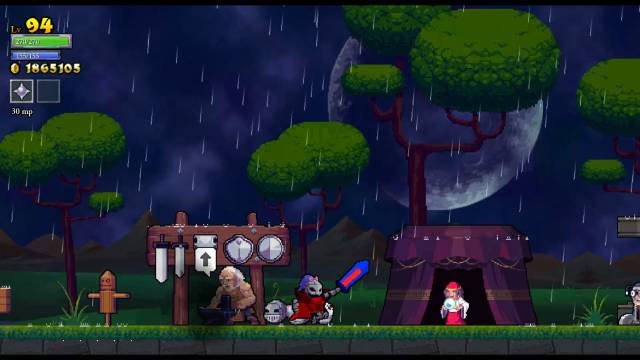
As for the term roguelite, perhaps the most modern and successful so far, it was implemented in the industry by another of the great exponents of the genre: Rogue Legacy. As they themselves indicated, they call themselves roguelite because they share certain characteristics and conceptions of Rogue, but not enough to be considered a game “like” Rogue.
In addition, it was this title that introduced one of the novelties of the genre that has permeated several subsequent titles: permanent improvement. Although it may seem like it rivals the pillar of permanent death, Rogue Legacy manages to implement a general improvement system with the passage of runs that helps the player feel a certain palpable progress beyond their own development at the controls. With the gold obtained in each game different improvements were unlocked, and each new raid we control the descendants of our previous character, which allows us to inherit certain statistics from the predecessor.
This new approach refreshed the modern roguelike (or roguelite), and has found its way into games like Nuclear Throne with the progressive unlocking of characters and mutations, Dead Cells with obtaining and improving levels of weapons and resources and Slay the Spire with the implementation of new cards in each run, for example.
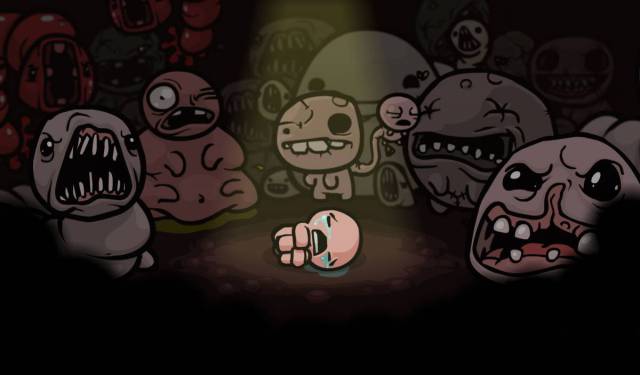
The discipline of repetition
Roguelike are the ideal transfer from the hero’s path to the field of video games. Like the core concept of games like Dark Souls, with each run it is the person at the controls who improves as a player, not the character they control. The characteristics of the protagonist of the titles remain unchanged, while the reflexes, speed and precision of the player advance with each mistake made. And, going one step further than Dark Souls and derivatives, memorizing patterns and dangers is not a viable option. The random factor forces us to evolve at the controls and, at the same time, eliminates the perception of monotony of the levels. We cannot get stuck in a specific level, since each time we reach it it will be totally different.
Another term on the list of charms of the genre is defiance. As with the movies that were produced in Hollywood during its golden years, the vast majority of commercial games seek to be affordable for the average audience. Hollywood movies made sure you understood the plot perfectly, shaking your hand and accompanying you during the minutes of footage while pointing out important events so that the viewer did not miss anything. Games intended for mass sales don’t want the player to be stuck for hours at one point in the game until frustration causes them to remove the title from their computer or console. For this reason, and in a totally understandable way, the difficulty has been diluted over the years.
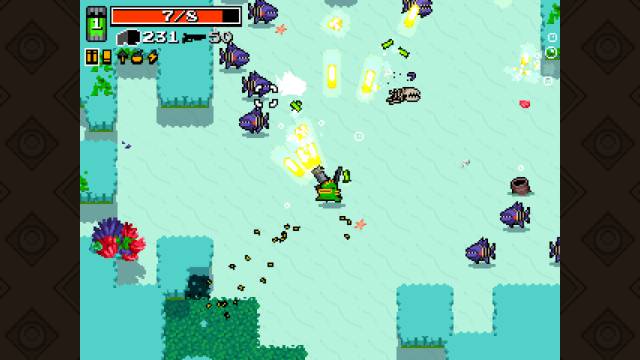
However, roguelike twists the difficulty into an appeal to the player. A challenge that can remind us of the heyday of the arcade, where permanent death was the standard and every time you died it cost you a coin to return to the starting point; arcade games either passed without dying or did not pass.
As we have already mentioned, the key point of the great titles of the genre is in their ability to deal with the frustration of the player. Generally the games are short, lasting a few minutes, so returning to the first level is not as difficult as it might seem on a theoretical level. In the same way, regardless of whether the game provides some progression, the player feels that they have learned a little more than in the previous game. He knows a new trick or has managed to reach the famous state of “the zone”, managing to execute combinations of buttons apparently impossible for an ordinary human being.
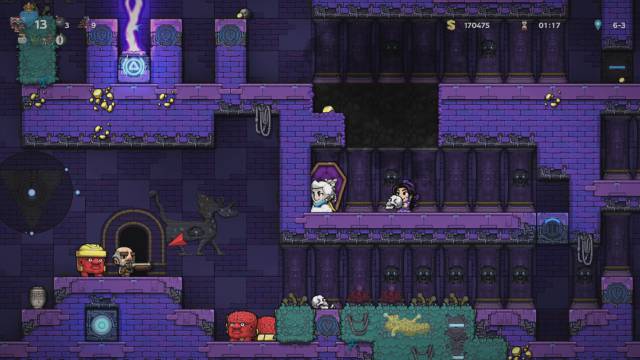
In the last years of the industry, we must also add the streaming factor, which has popularized more than one title of the genre because, in a way, it is fun to see people suffer while playing them and self-overcome in them. An important aspect in this regard is that, like MOBA and MMO games, each roguelike lays down its fundamental foundations at the beginning of it and these are immovable. We can join the broadcast of a roguelike at any moment of it and, if we know the game beforehand, know exactly what is happening from the first second.
An interesting and very intrinsic aspect of the genre, which derives from its ambiguous beginnings and the refuted bases established in the International Roguelike Development Conference, is its constant evolution. Its two prevalent mechanics can be mixed with many other genres, resulting in vastly disparate titles. For example, Dead Cells draws directly from the Castelvania legacy, Children of Morta gives weight to its narrative, the only way to fight enemies in Slay the Spire is through cards, Crypt of the Necrodancer is fundamentally a rhythm game, etc. Even Downwell, the most aesthetically minimalist roguelike of recent years that can be played on virtually any electronic device that has a screen, is radically different from its peers, while also settling on the same foundations.
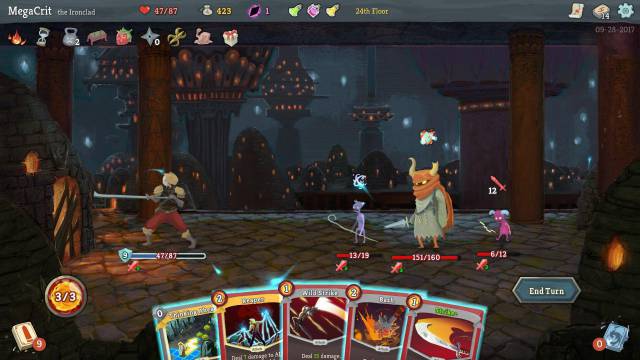
Taking into account the striking fluctuations of the genre and its varied and ambiguous names, perhaps the ideal is that it continues to be an umbrella term, where there are no strict requirements to enter. In this way, developers can build on the sensations and how to grow as a player that roguelike give us, twist them and offer us something that we have never seen before. In fact, large franchises have had their own interpretations of the genre, as is the case of Pokémon with the Pokémon Mysterious World saga. This type of case could not have occurred if, within the term itself, there was no room for maneuver.
Whether you read these lines being a staunch fan of the genre or if you have never come across, for one reason or another, a title with these characteristics, we invite you to review the games mentioned in the previous paragraphs. Being so varied and different between them, surely one of them adapts to your preferences when it comes to video games. And don’t let their famed difficulty be a reason to avoid them: you don’t have to spend hundreds of hours winning victory to understand and experience the message of these titles. They are a proposal in which each game is unique, each adventure is personal and unrepeatable, and can leave a mark on us simply based on experiences
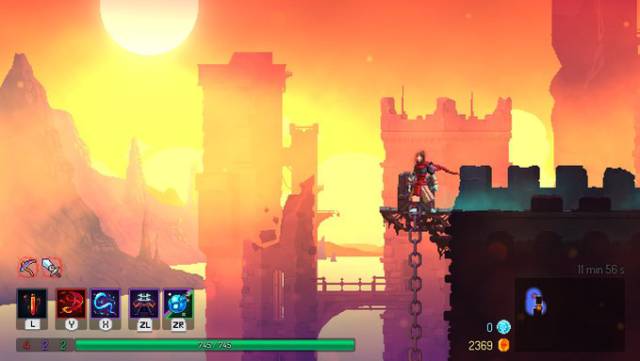
Fonts: arstechnica, engadget, roguetemple

